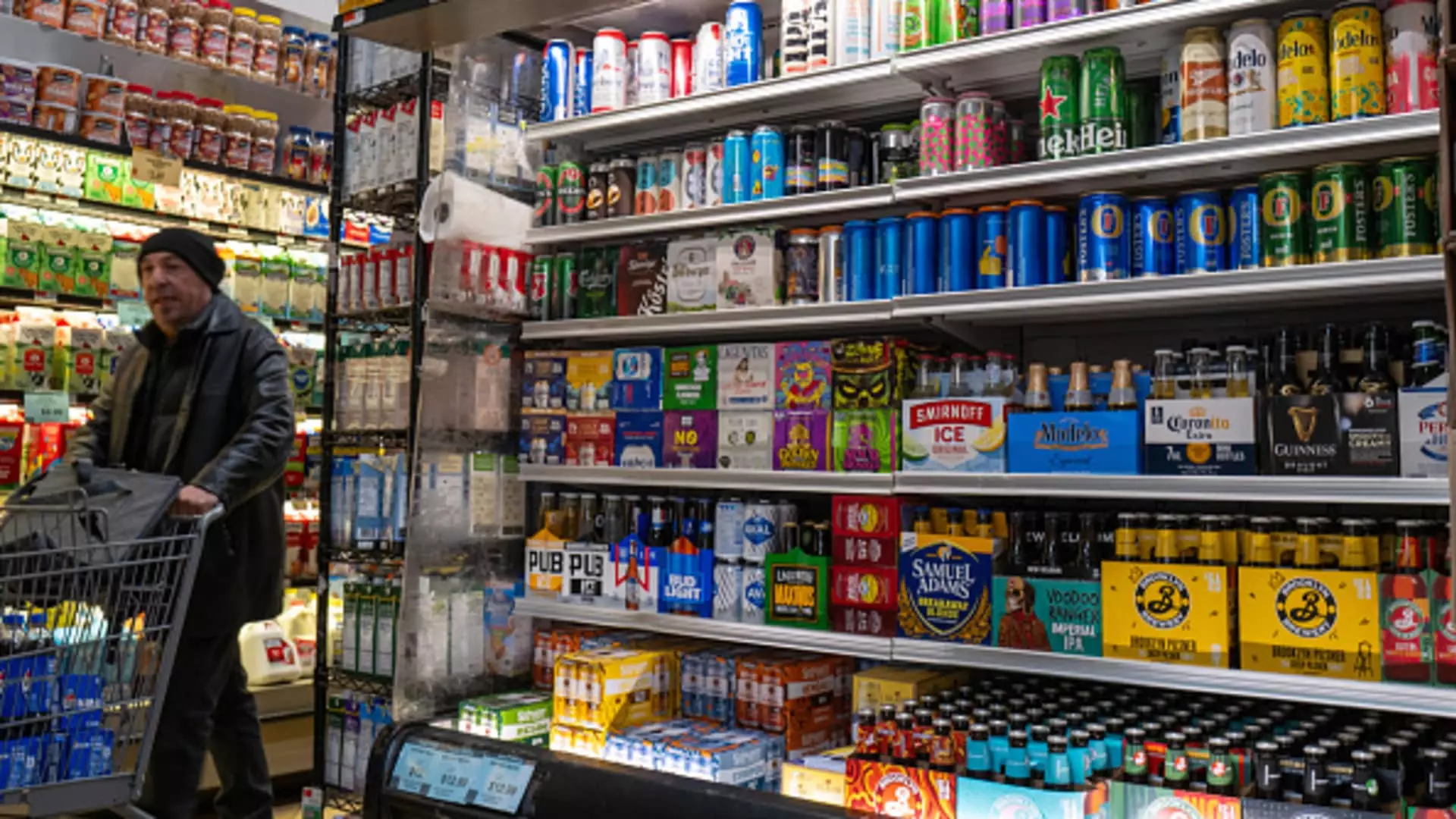In a groundbreaking advisory issued by Dr. Vivek Murthy, the U.S. Surgeon General, the alarming link between alcohol consumption and various types of cancer has been underscored, pressing society to confront an often-overlooked public health crisis. Notably, the advisory points to a clear correlation between alcohol intake and at least seven types of cancer, including breast, colorectal, esophageal, and liver cancer. While many individuals engage with alcohol on a casual basis, Dr. Murthy warns that the increased risk of cancer begins to surface with just one drink per day, painting a disconcerting picture of what many consider a benign social habit.
The Surgeon General’s office aims to shatter the illusion that moderate drinking is entirely harmless. Alcohol has emerged as the third most significant preventable cause of cancer in the United States, trailing only smoking and obesity. Dr. Murthy effectively argues that the societal acceptance and prevalence of alcohol has fostered ignorance regarding its dangers, revealing that most Americans remain blissfully unaware of its cancer-associated risks. This lack of awareness is staggering, especially considering that alcohol is estimated to be responsible for around 100,000 cancer cases and 20,000 cancer-related deaths each year.
In light of these alarming statistics, Dr. Murthy has called for significant policy changes aimed at improving public health outcomes. He advocates for increasing the visibility of warning labels on alcoholic beverages, akin to the stringent warnings now commonly found on tobacco products. By mandating more comprehensive labeling that elucidates the link between alcohol and cancer, the Surgeon General hopes to educate consumers and empower them to make informed choices about their drinking habits.
Moreover, there is an urgent need to reassess the current recommended limits for alcohol consumption, adjusting them based on the latest scientific findings. This is not simply a matter of diminishing consumption but recalibrating societal norms around alcohol use. Increasing educational efforts about the cancer risks associated with alcohol will create a more informed public, fostering a cultural shift akin to the one seen with smoking in recent decades.
Current data reveals that a sizable portion of the U.S. adult population consumes alcohol weekly—approximately 72% according to recent statistics. However, alarmingly, less than half of these individuals are aware of the relationship between their drinking habits and cancer risk. This gap in knowledge highlights the necessity of public health campaigns and educational initiatives that could alter perceptions and behaviors surrounding alcohol consumption.
The consequences of alcohol-related cancers are profound; globally, over 741,300 cases of cancer were attributed to alcohol in 2020 alone. Each alcohol-related cancer death can potentially rob individuals of an average of 15 years of life, presenting a considerable societal burden. These figures place alcohol consumption in stark contrast to other public health threats, including traffic accidents—an important point made in the advisory.
Interestingly, attitudes towards alcohol are evolving, particularly among younger Americans. Approximately two-thirds of adults aged 18 to 34 express concerns regarding the negative health implications associated with alcohol use. In contrast, the older demographics—those aged 35 and above—exhibit a less critical view of alcohol’s impact on health, with fewer than 40% acknowledging the risks. This generational shift hints at a potential cultural transformation, as youth increasingly gravitate toward non-alcoholic alternatives.
The advisory from the Surgeon General illuminates a critical area of public health that demands urgent attention. Alcohol is a preventable cause of cancer, and the time has come for both individuals and policymakers to treat it with the seriousness it warrants. By increasing awareness, implementing stricter regulations on alcohol marketing, and fostering conversations about moderation, we can pave the way for healthier choices and a decrease in alcohol-related cancers. The journey ahead requires a collective effort to reassess our relationship with alcohol, ensuring we prioritize public health over social norms.


Leave a Reply